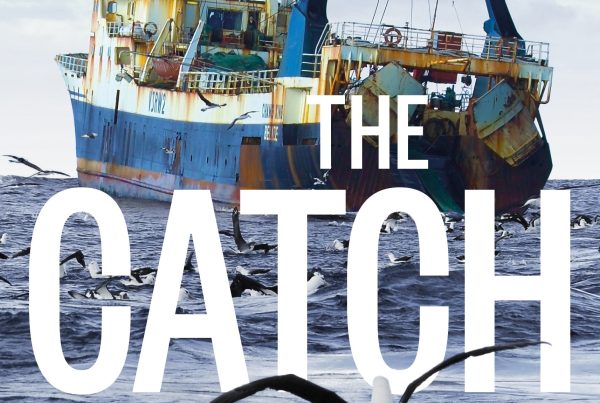Last November, the Government tightened national security measures, citing an increasing global terror threat. Appropriately, that month marked 32 years since New Zealand’s only suicide bombing.
Neil Roberts was what today might be called a crust-punk. He wore safety pins and found inspiration in the anarchism of Mikhail Bakunin. Roberts was 22 when he blew himself to pieces in front of Wanganui’s Police Computer Centre, a futile attack on the digital archive maintained silently therein.
In November 2014, the accumulated scraps of Roberts’ short life were brought together in Airini Beautrais’ Dear Neil Roberts. Like Chris Tse’s How to be Dead in a Year of Snakes, Beautrais’ poetry of reportage re-creates and interrogates the past. Beautrais and Tse mix original writing with interviews, found text and quotation. The effect is thrilling: a written version of the cut-up documentaries of Adam Curtis or Craig Baldwin. These authors test the capabilities of poetic form, even while displaying a masterful command of same.
Neil Roberts’ was a painfully humanist strand of luddism: a self-immolating, socially conscious Unabomber. He died within a decade of the first reported robot-on-human murder, but was neither the first nor the last to take up arms against the machines. Our preoccupation with technological pitfalls is lampooned in Paul Mannering’s Engines of Empathy.
It’s the premiere of a trilogy, set in a future when emotional energy powers everything from toasters to supercomputers. It’s almost steampunk, not quite cyberpunk — and more societally upstanding than crust-punk. Resonances abound with the nascent genre of crypto-fiction trading under the playful moniker of cypher-punk. Engines of Empathy could be called emo-punk, if that designator weren’t already taken.
It’s also a delicious subversion of techno-utopianism, a genre whose cool surfaces and smooth edges can be off-putting to sci-fi neophytes. Readers with a taste for the speculative will enjoy accompanying our heroine, Charlotte Pudding, on a delirious saga of conspiracy and neuro-linguistic gamesmanship. Mannering, as wry as Pratchett and imaginative as Gilliam, is clearly having a lot of fun: a joyful inventiveness pervades the book, provided you can keep up with the joke.
While Mannering projects current concerns out into a Wellington-tinged future, local laureate Geoff Cochrane has been collecting the urban driftwood of the city’s present and recent past into engaging, idiosyncratic short stories and novelle. Cochrane’s fictions are autobiographically shaded tales of local wanderers, misfits and fringe-dwellers.
A trove of Cochrane’s short fiction was recently released under the title Astonished Dice. Like the urban throw-ups of cover artists BMD, Cochrane’s stories bring a keen-eyed perspective to a world that’s short on absolutes, not always positive, but quintessentially Wellingtonian. And punk as f##k.







